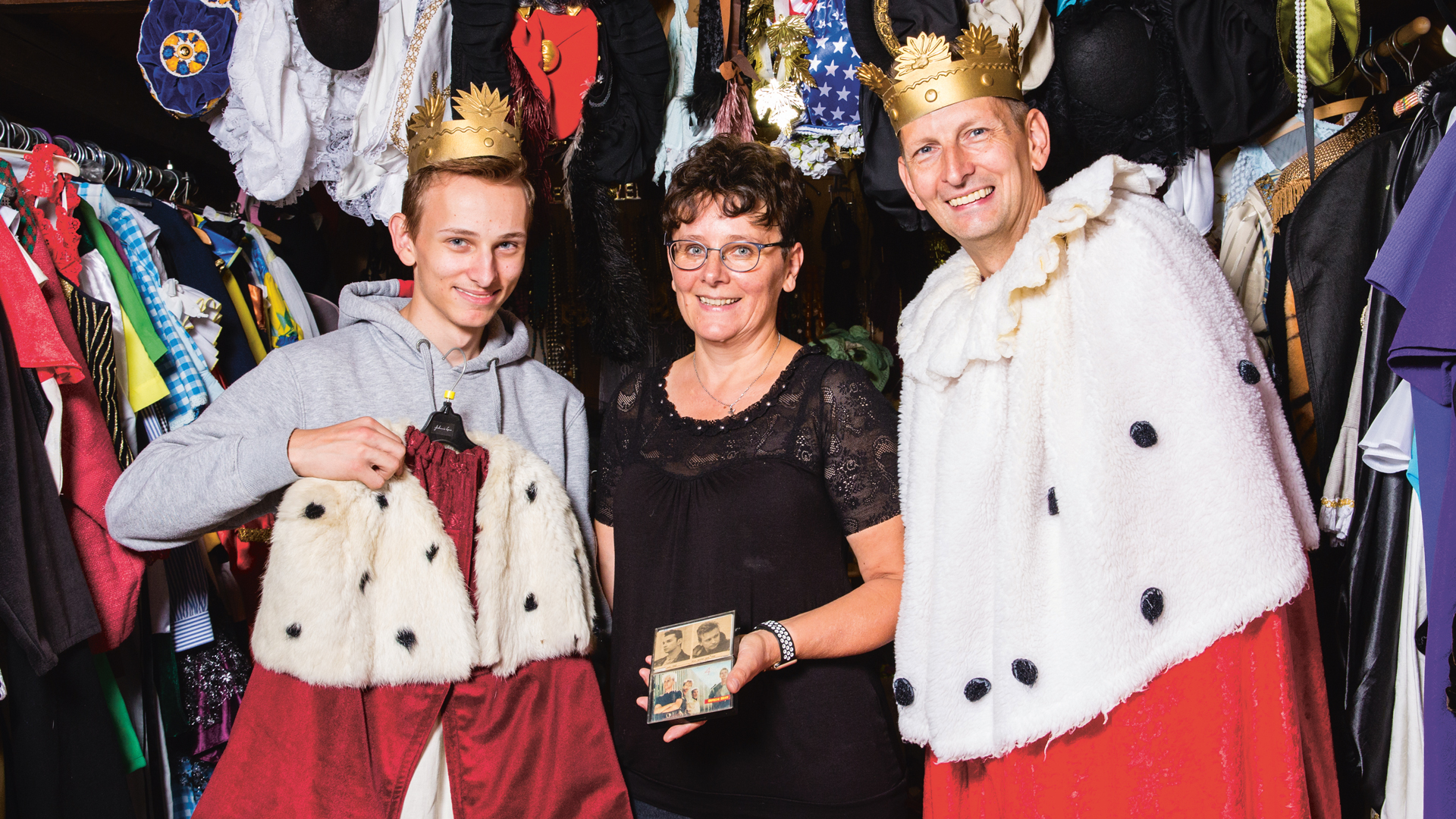If you like me grew up pre-internet in an unfashionable provincial town where access to music basically consisted of a crappy chain store selling chart CDs at inflated prices, then the choice granted today by digital streaming services may still sometimes blow your mind. Now imagine for a second how it must feel to citizens of the communist former East Germany – a country that contained its population behind concrete and razor wire, curtailed the spread of luxuries such as pop records, and consequently reduced its young to unlawfully taping off Western radio as their best prospect of hearing the hits of the day.
Over the last year in the run up to the 30th anniversary of the fall of the Berlin Wall, I’ve worked on a project, initially begun in collaboration with Big Issue photographer Louise Haywood-Schiefer, which took us across the lands of the former GDR to meet East German citizens of all walks of life – families, pensioners, artists, a doctor, a fashion model, a professional footballer, even a former Stasi agent. I asked them about the first things they bought given sudden and unexpected access to the bounties of Western shops after November 9, 1989, and it’s been fascinating to hear their tales. I’ve been struck by how widely music recurred as a theme among their purchases – not simply LPs and cassettes but audio equipment and even instruments.
You just got into the queue, you didn’t know what you would get until you were at the desk. It could be a Rolling Stones record, or it could be something very disappointing
“You had your tape recorder ready every second to record the songs you heard on the radio,” says Igor Hartmann of life as a young music fan in the GDR. He’s a Berlin-based television producer whom I first met through a story I worked on for The Big Issue last year, about a legendary 1988 Bruce Springsteen concert in East Berlin, which some observers fancifully suggest helped bring about the fall of the Wall.
“So you always had this sort of mixtape,” Hartmann continues. “Then there was the official record company from the GDR. They were selling records which cost 16 marks, which was not expensive, but there was not the whole variety you had in the West.”
Amiga, the state record label, was the home of “Ostrock” – the off-brand homegrown East German answer to Western music, made by sometimes good but more often by hilariously bad bands with names like the Klaus Renft Combo, Karat, Rockhaus and, ahem, Silly. “When you saw a queue in front of a record store in East Berlin,” Hartmann says, “you just got into the queue, you didn’t know what you would get until you were at the desk. It could be a Rolling Stones record, or it could be something very disappointing.” Surprisingly he still misses those experiences – the thrill of the quest, the anticipation, the sense of making do. “This excitement of not knowing what you might get has been lost, because today I can go into a shop and buy everything I want.”
From albums by Bruce Springsteen, Queen and Nina Hagen to a Telefunken stereo system, a Sony Walkman and even a Bösendorfer grand piano, I’ve heard stories of countless music-related purchases by East Germans after they were launched abruptly into freedom and the temptations of the consumerist world. Even the Stasi agent I met, an unapologetic and let’s just say not especially charming man named Bernd Roth, was a music lover who boasted of owning thousands of classical vinyl LPs. He hated the decadent West and wanted nothing from it after the demise of the GDR. Apart from, he did concede, a pair of high-end Grundig speakers. “Just to enjoy a better sound,” he hastened to add.









